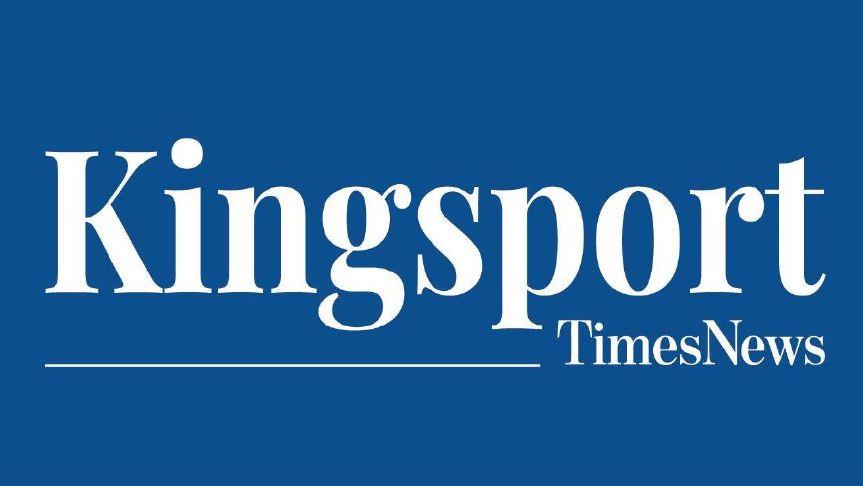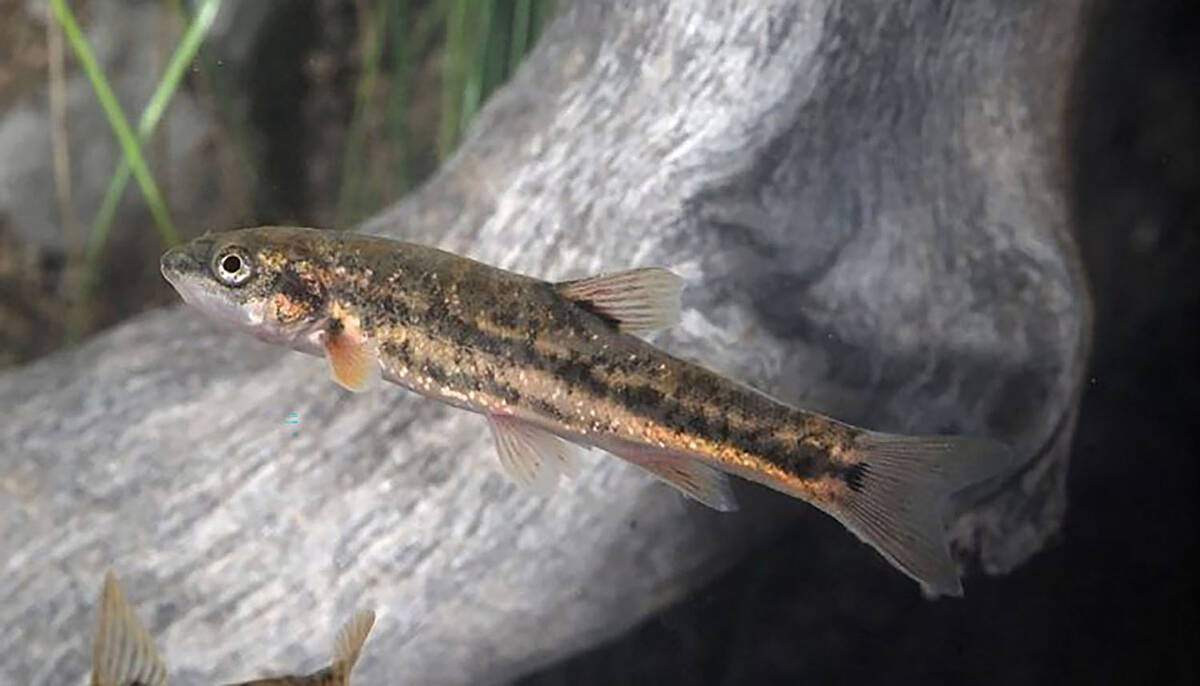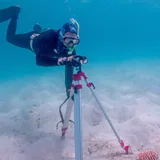The numbers are in: Scouting for Clean Waterways is making an impact – Aaron on Scouting

Report on the “Scouting for Clean Waterways” Initiative and its Contribution to Sustainable Development Goals
Executive Summary
The “Scouting for Clean Waterways” initiative represents a significant mobilization of youth and community volunteers toward environmental stewardship. Since its launch, the program has made substantial progress in waste removal from local environments, directly contributing to several United Nations Sustainable Development Goals (SDGs), most notably SDG 6 (Clean Water and Sanitation), SDG 14 (Life Below Water), and SDG 15 (Life on Land). Through strategic partnerships, as outlined in SDG 17 (Partnerships for the Goals), the program’s impact is amplified, addressing the global challenge of plastic pollution and promoting responsible consumption patterns in line with SDG 12 (Responsible Consumption and Production).
Program Impact and Alignment with SDGs
Quantitative Achievements
Since its inception in April, the initiative has yielded significant measurable outcomes, demonstrating a direct contribution to environmental health.
- Total Waste Removed: Over 180,000 pounds of plastic and other trash have been collected from the environment.
- Plastic Waste Mitigation (SDG 14 & SDG 15): More than 43,000 pounds of plastic have been removed by Scouts, preventing it from degrading ecosystems and harming wildlife.
- General Trash Removal: An additional 93,500 pounds of other refuse have been collected, improving community aesthetics and sanitation, supporting SDG 11 (Sustainable Cities and Communities).
- Volunteer Hours: Participants have dedicated nearly 99,000 hours to conservation efforts.
Strategic Partnerships for Amplified Impact (SDG 17)
The program’s success is magnified through key collaborations that exemplify SDG 17: Partnerships for the Goals.
- CleanHub Partnership: CleanHub has pledged to match every pound of plastic collected by Scouts (up to 100,000 pounds) by removing an equivalent amount from global pollution hotspots. This doubles the initiative’s direct impact on mitigating ocean-bound plastic waste.
- Governmental and Non-Profit Collaboration: The initiative is supported by the National Oceanic and Atmospheric Administration (NOAA) Marine Debris Program and the National Marine Sanctuary Foundation, providing educational resources and institutional support to enhance the program’s effectiveness in protecting marine environments (SDG 14).
Environmental Rationale and SDG Linkages
Addressing Water Pollution (SDG 6 & SDG 14)
The program directly confronts the issue of waterway pollution, which has severe consequences for ecosystems and human well-being.
- Threat to Marine Life: Marine debris is responsible for the deaths of over one million marine animals annually, a critical issue addressed by the program’s cleanup efforts in support of SDG 14 (Life Below Water).
- Ecosystem Contamination: Discarded waste pollutes waterways and soil, contaminating the food chain and impacting both terrestrial and aquatic life, thereby touching upon SDG 15 (Life on Land) and SDG 3 (Good Health and Well-being).
- Economic Impact: The negative economic effects of marine debris, amounting to billions of dollars, are mitigated through these volunteer-led cleanup activities.
Promoting Sustainable Practices (SDG 12)
Scouting for Clean Waterways is a practical application of SDG 12: Responsible Consumption and Production. The movement actively encourages participants to:
- Reduce personal plastic consumption.
- Practice proper waste disposal.
- Engage in recycling programs.
- Participate in community cleanup projects.
Participation and Data Management
Program Accessibility
The initiative is designed for broad participation across all Scouting programs, including Cub Scouts, Scouts BSA, Venturers, and Sea Scouts. Projects can be organized independently or in conjunction with other community organizations, fostering widespread community engagement in pursuit of the SDGs.
Importance of Data Recording
Tracking participation and results via the Scoutbook platform is critical for several reasons:
- Service Hour Verification: It provides an official record of volunteer hours for youth participants.
- Impact Amplification: It supplies CleanHub with the necessary data to execute its matching plastic removal commitment.
- Accountability and Reporting: It generates aggregate data that demonstrates the Scouting movement’s collective impact on achieving global sustainability targets.
Analysis of Sustainable Development Goals in the Article
1. Which SDGs are addressed or connected to the issues highlighted in the article?
- SDG 6: Clean Water and Sanitation – The initiative “Scouting for Clean Waterways” directly aims to improve the quality of water bodies by removing trash and pollutants, which aligns with the goal of ensuring clean water.
- SDG 11: Sustainable Cities and Communities – The program encourages Scouts to “help clean up communities,” which contributes to making human settlements safer, more resilient, and sustainable by managing waste effectively.
- SDG 12: Responsible Consumption and Production – The article mentions that the movement encourages Scouts to “use less plastic, dispose of trash properly, recycle when possible.” This directly supports the principles of reducing waste generation and promoting sustainable consumption patterns.
- SDG 14: Life Below Water – This is a primary focus of the article. The initiative is designed to combat marine debris and its devastating effects on aquatic ecosystems. The text explicitly states that “More than 1 million marine animals are killed each year due to plastic marine debris,” highlighting the direct link to protecting marine life.
- SDG 15: Life on Land – The article connects waterway pollution to terrestrial ecosystems by stating that “waterways and marine debris pollute soil. Animals then ingest that pollution, and humans eat those animals.” Cleaning waterways helps protect soil and land-based animals from pollution.
- SDG 17: Partnerships for the Goals – The article highlights the collaboration between multiple organizations to achieve a common goal. It mentions that “Scouting America is proud to partner with NOAA, CleanHub, Goal: Clean Seas Florida Keys and the National Marine Sanctuary Foundation,” demonstrating a multi-stakeholder partnership essential for achieving the SDGs.
2. What specific targets under those SDGs can be identified based on the article’s content?
- Target 6.3: By 2030, improve water quality by reducing pollution. The “Scouting for Clean Waterways” program directly contributes to this target by removing thousands of pounds of plastic and other trash from the environment, preventing it from polluting lakes, ponds, rivers, and oceans.
- Target 11.6: By 2030, reduce the adverse per capita environmental impact of cities, including by paying special attention to municipal and other waste management. The community clean-up projects organized by the Scouts are a form of community-based waste management that reduces the environmental impact of improperly discarded trash.
- Target 12.5: By 2030, substantially reduce waste generation through prevention, reduction, recycling and reuse. The initiative’s encouragement for Scouts to “use less plastic, dispose of trash properly, [and] recycle when possible” directly aligns with this target’s aim to reduce waste.
- Target 14.1: By 2025, prevent and significantly reduce marine pollution of all kinds, in particular from land-based activities, including marine debris. The core mission of the program is to remove “ocean-bound plastic waste” and other trash that originates on land and ends up in waterways, directly addressing the reduction of marine debris.
- Target 15.1: By 2020, ensure the conservation, restoration and sustainable use of terrestrial and inland freshwater ecosystems and their services. By cleaning up trash that pollutes soil and inland waterways, the Scouts’ efforts contribute to the restoration and conservation of these ecosystems.
- Target 17.17: Encourage and promote effective public, public-private and civil society partnerships. The collaboration between Scouting America (civil society), NOAA (public), and CleanHub (private company) is a clear example of the type of partnership this target aims to foster.
3. Are there any indicators mentioned or implied in the article that can be used to measure progress towards the identified targets?
- Pounds of plastic removed: The article explicitly states that “Scouts have picked up more than 43,000 pounds of plastic.” This is a direct quantitative indicator of progress in reducing plastic pollution.
- Pounds of other trash removed: The article mentions the removal of “more than 93,500 pounds of other trash,” serving as another key metric for waste reduction efforts.
- Total pounds of waste removed from the environment: The article aggregates the data, stating “more than 180,000 pounds of plastic and other trash have been removed from the environment.” This serves as a comprehensive indicator of the project’s overall impact on pollution reduction.
- Volunteer hours contributed: The article notes that Scouts “have spent almost 99,000 hours helping the planet.” This indicator measures the level of community engagement and action towards environmental stewardship.
- Amount of plastic waste matched and removed by partners: The pledge by CleanHub to “match every pound of plastic collected by Scouts… by removing an equal amount from critical global pollution hot spots” is an indicator of the leveraged impact achieved through partnerships.
SDGs, Targets, and Indicators Summary
| SDGs | Targets | Indicators |
|---|---|---|
| SDG 6: Clean Water and Sanitation | 6.3: Improve water quality by reducing pollution. | Total pounds of trash and plastic removed from waterways. |
| SDG 11: Sustainable Cities and Communities | 11.6: Reduce the adverse environmental impact of cities, focusing on waste management. | Pounds of trash collected during community clean-up events. |
| SDG 12: Responsible Consumption and Production | 12.5: Substantially reduce waste generation through prevention, reduction, and recycling. | Actions taken to use less plastic, dispose of trash properly, and recycle. |
| SDG 14: Life Below Water | 14.1: Prevent and significantly reduce marine pollution and debris. | Pounds of plastic removed (43,000+ lbs); Total pounds of trash removed (180,000+ lbs). |
| SDG 15: Life on Land | 15.1: Ensure the conservation and restoration of terrestrial and inland freshwater ecosystems. | Removal of debris that pollutes soil and inland water systems. |
| SDG 17: Partnerships for the Goals | 17.17: Encourage effective public, public-private and civil society partnerships. | Collaboration between Scouting America, NOAA, CleanHub, and others; Matched pounds of plastic removed by CleanHub. |
Source: blog.scoutingmagazine.org
What is Your Reaction?
 Like
0
Like
0
 Dislike
0
Dislike
0
 Love
0
Love
0
 Funny
0
Funny
0
 Angry
0
Angry
0
 Sad
0
Sad
0
 Wow
0
Wow
0













































































